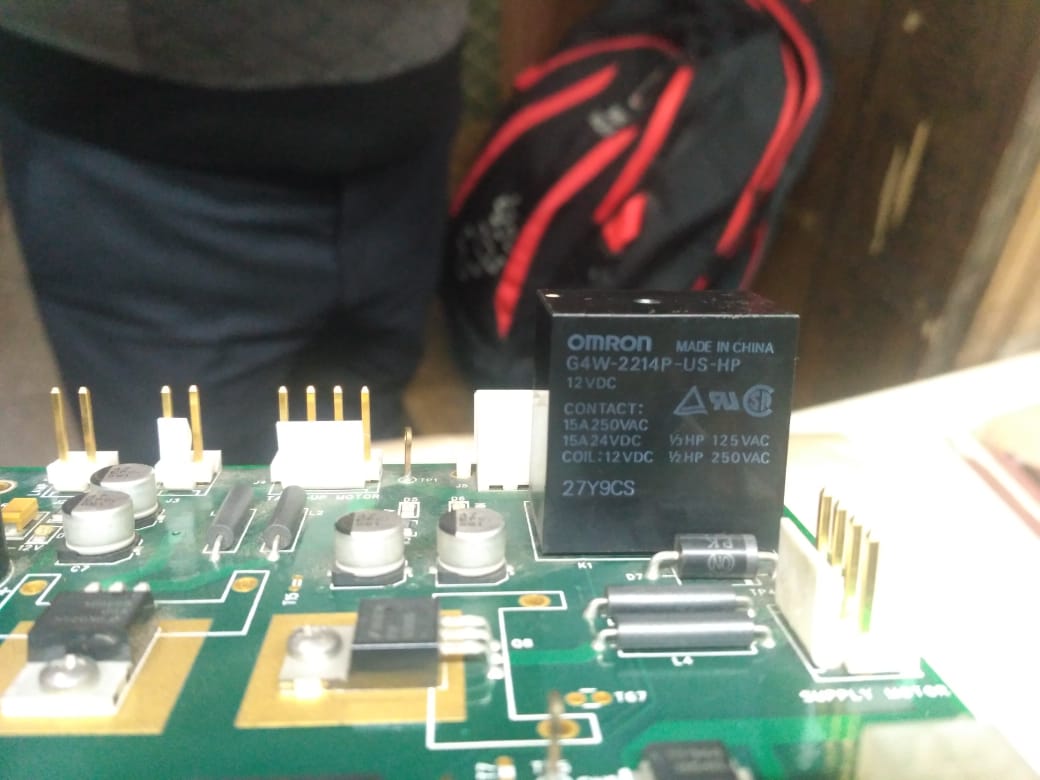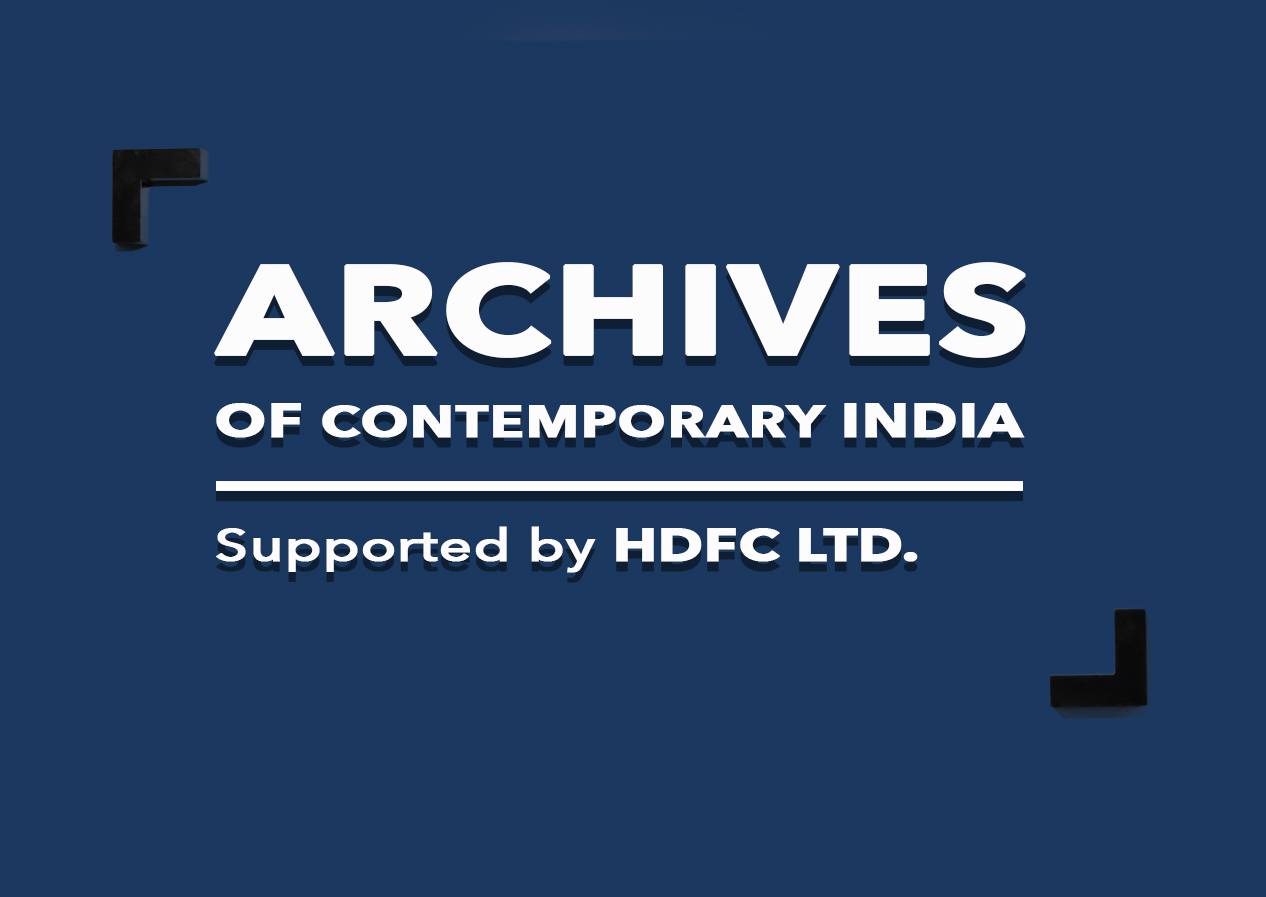A renowned economist and scholar, Dr. Manmohan Singh was Finance Minister, 1991-96, and Prime Minister of India, 2004-2014.
Dr. Manmohan Singh was born in 1932 in a village in the Punjab province of undivided India. From an early age he was interested in academics and excelled in both school and college. In 1954, he completed his Masters in Economics from Panjab University, and went to Cambridge University (1955-57) for further studies. Returning to Panjab University as a lecturer, he took a break from teaching to pursue a doctorate at Oxford University (1960-62). Cutting short a brief stint at the United Nations Conference on Trade and Development in New York (1966-69), Dr. Singh joined the prestigious Delhi School of Economics as a professor, thus firmly establishing his academic credentials.
The next phase of his career was with the Government of India. Joining as an economic adviser in the then Ministry of Foreign Trade (1971), he held key positions in the Ministry of Finance, before taking over as member-secretary of the Planning Commission in 1980. After two and a half years as the Governor of the Reserve Bank of India (1982-85), Dr. Singh returned to the Planning Commission, this time as its Deputy Chairman. Thus, in a span of about fifteen years, he gained considerable experience of the economic and development sectors in India. Rounding this off with his assignment as the first secretary-general of the newly established South Commission based in Geneva (1987-90), Dr. Singh used this opportunity to explore social, economic, and political issues facing developing countries across the world.
Dr. Manmohan Singh entered politics in 1991, when he joined the Indian National Congress. Appointed as Finance Minister of India by the then Prime Minister P.V. Narasimha Rao, Dr. Singh launched a series of radical measures to revive and reform the economy. Despite a change in government five years later, the reform process continued. During this period, Dr. Singh was re-elected as a member of the Rajya Sabha, and served as leader of the opposition in the upper house of Parliament (1998-2004).
In 2004, Dr. Manmohan Singh became the Prime Minister of India, heading a coalition government of various political parties, led by the Indian National Congress. Five years later, the coalition was voted back to power. In May 2009, Dr. Singh was sworn in as the fourteenth Prime Minister of India. He remained in office till 26 May 2014.
About the Collection: The collection (digital) compiled by Dr. Manmohan Singh’s daughter Daman Singh consists of speeches, articles, interviews, audios, videos and photos of Dr. Manmohan Singh’s academic and political career spanning over six decades. There are writings and speeches of Dr. Manmohan Singh that were published in various books and journals including mimeographs during the period 1957-2003. These include writings/papers that relate to the periods before, during and after his term as the Union Finance Minister (June 1991- April 1996).
The video recordings include speeches, lectures, interviews, press conferences and various public events by Dr. Manmohan Singh as Prime Minister during 2004 to 2014. The collection also includes a total of 9970 official photographs taken between May 2004 and May 2014.
The collection of papers of Dr. Manmohan Singh is an important source material for the study of economic reforms initiated in the 1990s and the subsequent political, social, economic and foreign policy changes that took place in the country. (Catalogue available)








